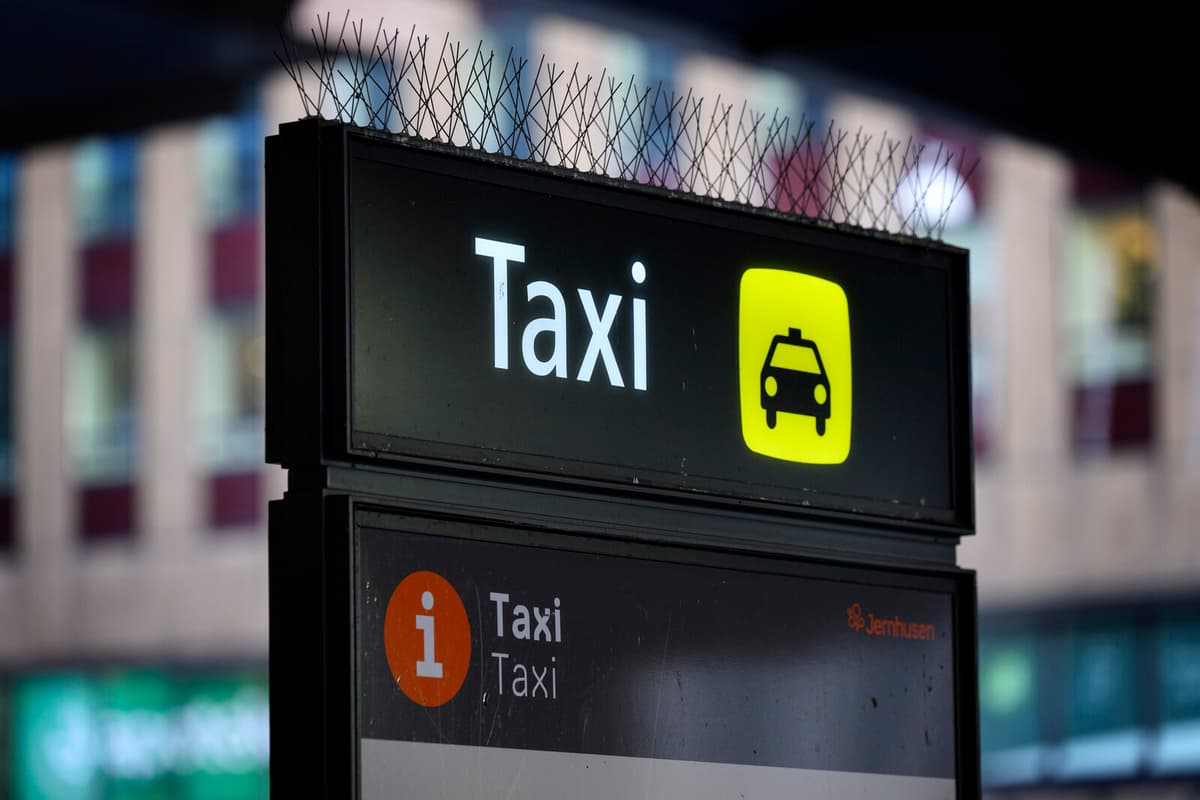Purchasing sexual services is not "a crime of the kind that a taxi driver who has been convicted of the crime would regularly lose their taxi driver's license", the court writes.
The Supreme Administrative Court thus makes a different assessment than both the Administrative Court and the Court of Appeal, which, like the Transport Agency, believed that the conviction for purchasing sexual services damaged the trust in the man's ability to ensure the safety of taxi passengers.
The Supreme Administrative Court bases its judgment on the fact that purchasing sexual services, unlike most other sexual offenses, is not "designed as a crime against a person, but rather protects public interests".
For this reason, one cannot regularly revoke a taxi driver's license on that ground, but rather an individual assessment must be made. In this case, the court believes that there are no other circumstances that speak against the man's suitability, and therefore he gets his license back. However, he is given a warning.






